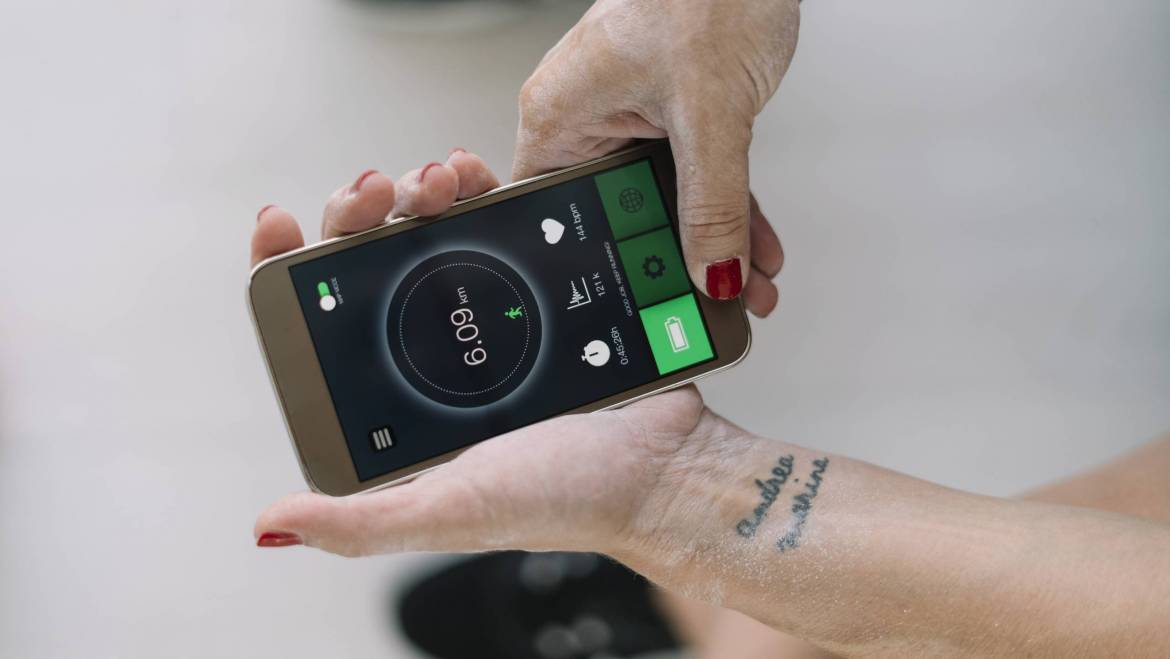Health Tools for smartphone can help patients and health care providers to connect with each other, gather information, and conduct virtual visits. These tools also help in the diagnosis of diseases and in the treatment of CVDs. However, researchers are still working to make smartphones a viable medical device.
Mobile health is an area that has been gaining momentum as the use of smartphones increases. This is because of their ability to measure vital signs and provide information on various activities. In addition, these devices can be used for medical diagnostics with microfluidic devices. The sensors in modern phones can be used to detect heart rate, breath pressure, acceleration, and more.
For example, Glucose Buddy is a mobile app that can help people manage their blood sugar. This tool allows users to set goals, track their progress, and receive informative messages from a health coach. Users can also join a community of diabetes sufferers.
Another application, SleepCheckRx, can help diagnose sleep apnea and obstructive sleep apnea by examining the patient’s breath. Unlike traditional, costly sleep studies, this application is minimally invasive and requires a prescription.
Apple Health is an app that can collect and track data on physical activity, heart rate, blood pressure, and more. It can even link with the Apple Watch. This application can also monitor atrial fibrillation. Depending on the data, it can suggest ways to improve sleep and track progress.
Another application, Brightlamp Reflex, uses an iPhone camera and the iPad’s built-in camera to analyze pupil response to light. It is currently being used in a clinical trial by the Department of Defense.
There are also numerous apps in partnership with nonprofit organizations, academic medical centers, and tech companies. These apps allow users to access a wide variety of health services, from breast cancer research programs to educational resources. They are designed by multidisciplinary teams that combine medical knowledge with technological know-how.
AliveCor, a health technology company, is using a mobile app to record medical grade EKGs and detect health issues remotely. Users can also sign up for regular cardiologist reviews of their EKGs. Similarly, the ResApp Health app can screen for obstructive sleep apnea.
Google Health is conducting research that could transform the smartphone into a disease screening tool. Their research projects will analyze the built-in microphones on modern phones to detect illnesses. As a result, the company plans to create artificial intelligence programs that will identify the signs of illness.
Other applications involve virtual visits. In these virtual visits, users can connect with physicians and other healthcare providers via video conferencing software platforms. Researchers are also exploring how these technologies can be integrated into existing medical practices. Using digital tools to conduct a virtual visit can save time and money, as well as reduce the risk of error.
While there is still much work to be done, smartphones can be a valuable tool in the diagnosis and treatment of diseases. But researchers must ensure that the applications they use are properly configured to record the data required for a successful study.
